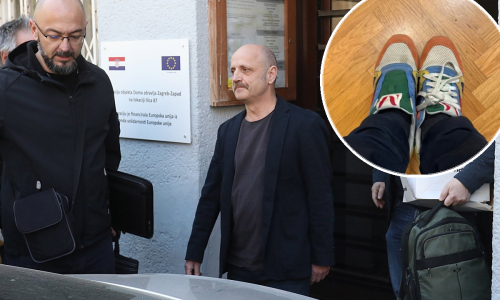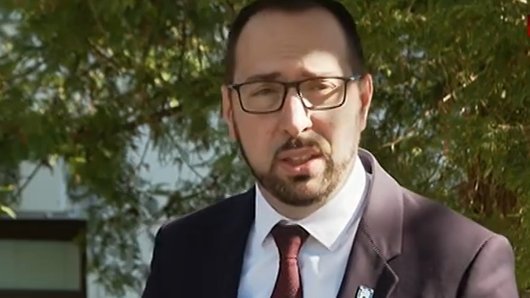Overall economic relations with Turkey once Croatia joins the European Union (EU) will on the most part be simplified as liberal relations would be in force then which Turkey has agreed to with the EU. However, changes to the visa regime will affect tourism exchange and the Croatian tourism sector has warned that it could well be that tourists from that country may completely avoid Croatia, the Croatian Chamber of Commerce (HGK) heard on Friday.
The HGK organised a thematic debate dedicated to relations between Croatia and Turkey after July 1, the date set for Croatia's admission to the EU, with emphasis on economic relations, changes to the visa regime and hence the consequences, because once Croatia enters the bloc, the free-trade agreement with Turkey ceases to be valid. Relations between the two countries will then be subject to three agreements between Turkey and the EU which are, generally, more liberal than bilateral agreements on free trade.
This means that trade of industrial and manufactured products and food between Croatia and Turkey will be subject to agreements on the common customs union. Agricultural products will be subject to the Agreement on Agriculture and coal and steel trade will be regulated by the Agreement between the European Coal and Steel Community which will fall under special customs regimes as long the products originate from Turkey and the EU, meaning Croatia, HGK representative Lidija Svaljek said.
That could well mean intensified Turkish presence on the Croatian market and visa versa, the audience heard, although Croatian investments in Turkey were lacking.
Changes to the visa regime seriously affect Turkish arrivals to Croatia, tourism agencies underscored. This year 18 charter flights from Turkey have already been cancelled due to the introduction of visas for Croatia. Procedures to issue a visa for Turkish citizens takes up to three weeks whereas Croatians can obtain a visa for Turkey at the border. Another barrier is that a visa for Turkey costs EUR 15 whereas a visa for Croatia now costs EUR 35 and as of 1 July will go up to EUR 60.


































